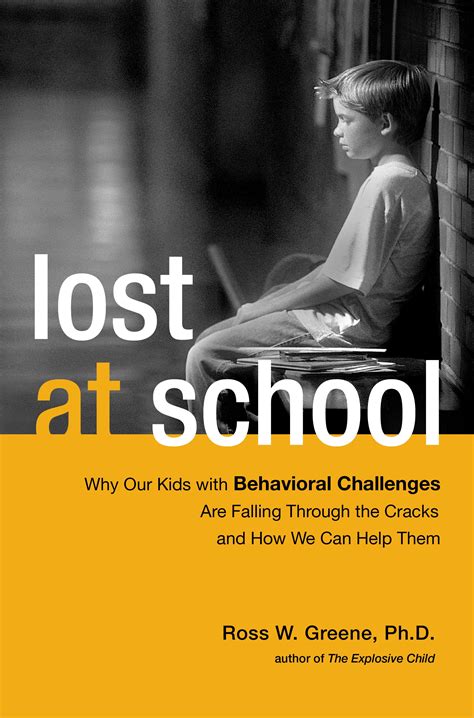A Quote by Albert Bandura
Self-efficacy beliefs differ from outcome expectations, judgments of the likely consequence [that] behavior will produce.
Related Quotes
Behavior must also be adequately assessed under appropriate circumstances. Ill-defined global measures of perceived self-efficacy or defective assessments of performance will yield discordances. Disparities will also arise when efficacy is judged for performances in actual situations but performance is measured in simulated situations that are easier to deal with than the actualities
Adolescents' immature thinking makes it difficult for them to process the divorce. They tend to see things in black-and-white terms and have trouble putting events into perspective. They are absolute in their judgments and expect perfection in parents. They are likely to be self-conscious about their parent's failures and critical of their every move. They have the expectations that parents will keep them safe and happy and are shocked by the broken covenant. Adolescents are unforgiving.
Expected outcomes contribute to motivation independently of self-efficacy beliefs when outcomes are not completely controlled by quality of performance. This occurs when extraneous factors also affect outcomes, or outcomes are socially tied to a minimum level of performance so that some variations in quality of performance above and below the standard do not produce differential outcomes
The more invested I am in my own ideas about reality, the more those experiences will feel like victimizations rather than the ups and downs of relating. Actually, I believe that the less I conceptualize things that way, the more likely it is that people will want to stay by me, because they will not feel burdened, consciously or unconsciously, by my projections, judgments, entitlements, or unrealistic expectations.
That's the dream scenario: when people approach these stressful situations not focused on that concrete outcome but just focused on being there and being themselves and enjoying connecting with people. You're not going to be present all the time, but if you can figure out how to connect with yourself and bring that self forth in those moments, you will probably be feeling a lot better over time, and it's likely that even though you're not focused on the outcome, the outcomes will be better.





























